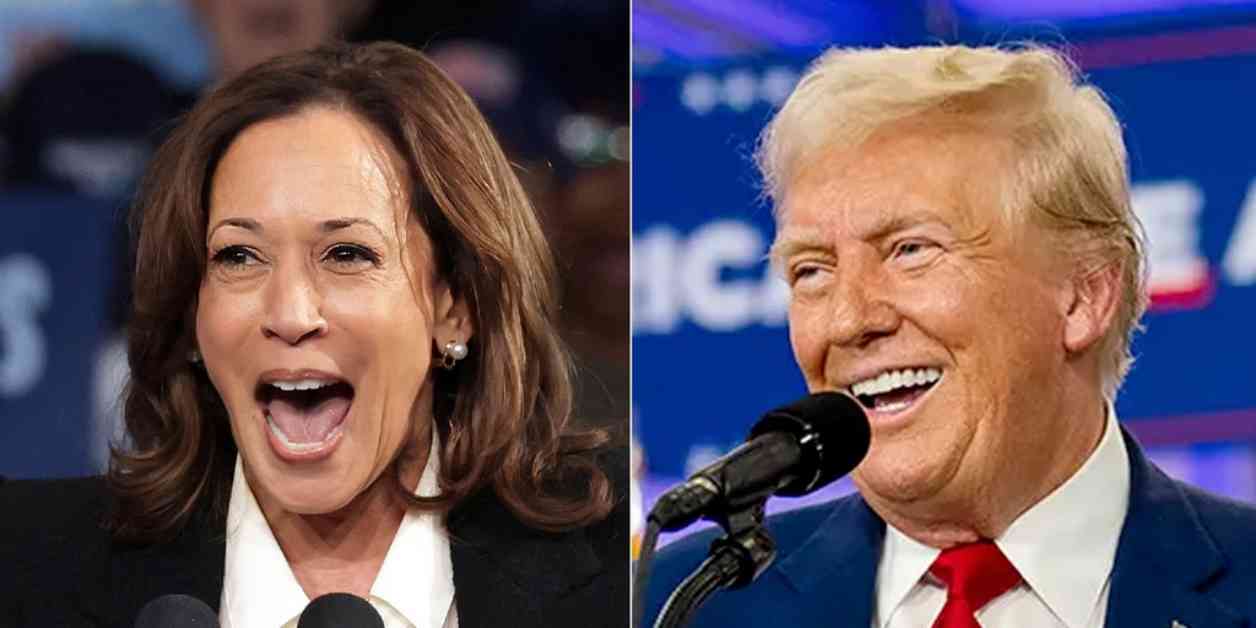A significant number of legal cases related to the upcoming U.S. election are currently underway in courts across the country, with over 160 cases already filed. Experts suggest that this level of legal activity is typical for a modern presidential election. The lawsuits primarily focus on voter eligibility, ballot casting and counting procedures, election security, and allegations of voter fraud.
Legal analysts believe that these lawsuits are unlikely to significantly impact the outcome of the 2024 election. The claims being made are considered to be standard for such a high-stakes event, following the trend that has emerged since the contested 2000 election between George W. Bush and Al Gore.
The most prominent lawsuits have been filed in key battleground states such as Arizona, Georgia, Michigan, Nevada, North Carolina, Pennsylvania, and Wisconsin. These states, with a collective total of 93 electoral votes, are expected to play a crucial role in determining the election outcome in favor of either Vice President Harris or former President Trump.
Despite concerns that these lawsuits could disenfranchise voters, prevent supporters from participating, or cast doubt on the election results, legal experts like Jonathan Turley suggest that pre-election challenges rarely have a significant impact. Preliminary lawsuits are often utilized as placeholders to establish a narrative and document potential issues in swing states.
The strategy of filing early lawsuits is not new, as similar tactics were seen in the 2016 and 2020 elections. The surge in legal activity before the election allows for a more organized process for lawyers and judges, given the narrow timeframe between the election, state certifications, and Inauguration Day.
Following the 2020 election, the Trump campaign filed numerous lawsuits challenging results in key swing states. While the volume of lawsuits was notable, the practice itself is considered standard in election cycles. The early filing of cases benefits legal professionals and judges, allowing them to address issues promptly and prevent any appearance of bias in deciding election outcomes.
Courts prefer to engage in legal matters related to elections to establish fair rules, but aim to avoid being perceived as election deciders. By addressing legal challenges before the election, judges can maintain the integrity of the process and uphold the legal system’s principles. This approach ensures that any issues, including fraud allegations, are thoroughly examined within a reasonable timeframe.
Overall, the current wave of election-related lawsuits reflects a standardized strategy employed by both political parties to address potential concerns and establish a legal framework before the election. Legal experts stress the importance of early litigation to conduct thorough investigations and maintain the credibility of the electoral process.




